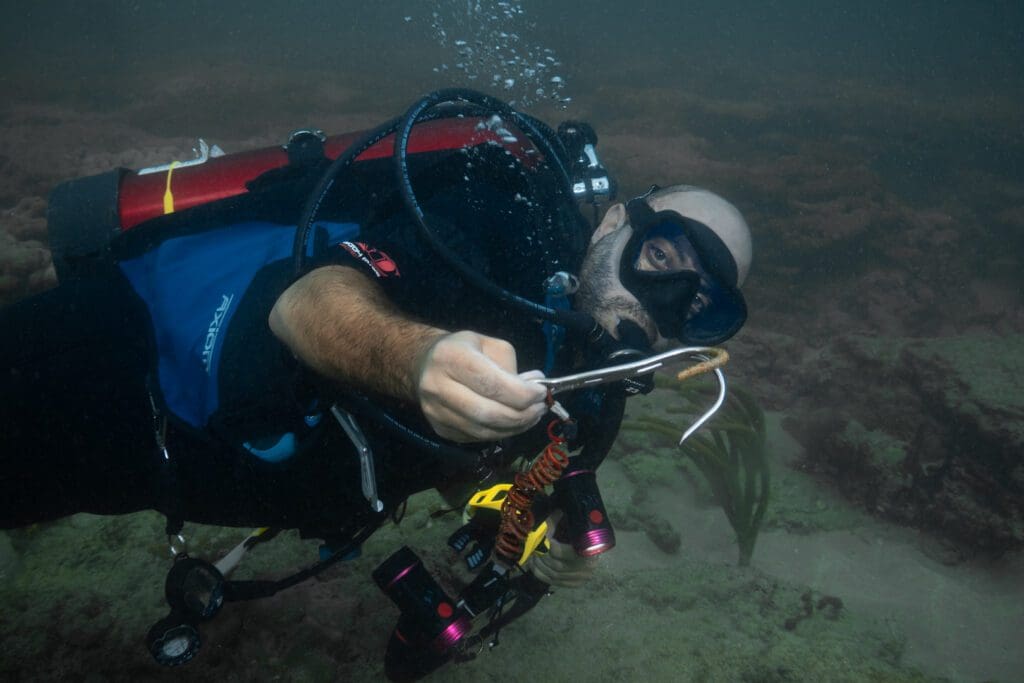Flotsam and jetsam are terms used to describe types of debris or wreckage found in the water, like ocean pollution or after a shipwreck. While both refer to discarded materials in the water, they differ in how they end up there:
- Flotsam: This refers to debris that is accidentally put into the water, typically by accident. It includes things like cargo, ship parts, or other materials that were not deliberately discarded but ended up in the water due to an incident or disaster. Flotsam is often floating on the water’s surface, but not always.
- Jetsam: This refers to items that are deliberately thrown overboard from a ship, and can be the easiest kind of marine pollution to stop. These items might include trash, equipment or supplies that are jettisoned for many human reasons. (Cue the infamous Square Grouper.) Unlike flotsam, jetsam is intentionally discarded.
Both terms have legal implications, especially when it comes to ownership or salvage rights. “Flotsam” and “jetsam” are often used in discussions of marine pollution, as both types of debris can have negative impacts on marine ecosystems.
As ardent marine conservationists, we believe strongly in helping to clean the oceans with every dive we make. If you see something dangerous or polluting, pick it up and pack it out with you. And we’ve seen it all. Lawn furniture, old tires, sunglasses, masks and construction equipment are just some of the things that spring to mind right away.
Unfortunately, people have seen the ocean as a dumping ground rather than a protected environment for millennia. Out of sight, out of mind seems to have been the operating theory. And it has continued up to the present time. I’m constantly telling new scuba divers not to throw anything off of a dive boat, including organic items.
It can take anywhere from 6 months to 2 years for a simple orange peel to disintegrate in the oceans of South Florida. While this torturous decomposition takes place, the peel can be killing corals if it lands on them, blocking important habitats and increasing the acidity of the surrounding water. And the breakdown process is often incomplete in the ocean, with the peel breaking into smaller pieces that can linger, harming marine life or contributing to microplastic-like debris.
All scuba divers have seen the rapid deterioration of our ocean environment, and particularly the coral reefs off of Fort Lauderdale during the last several years. Heat waves, stony coral tissue disease and pollution are all human-created and they are killing one of the most unique marine ecosystems.
As LGBTQIA+ scuba divers, we believe that it’s critical to protect what we have left and do our best to return the reefs to their pristine conditions as much as humanly possible.
Image of Andre Saade courtesy Christopher Duncan, copyright 2025 CDA Underwater Photography.


